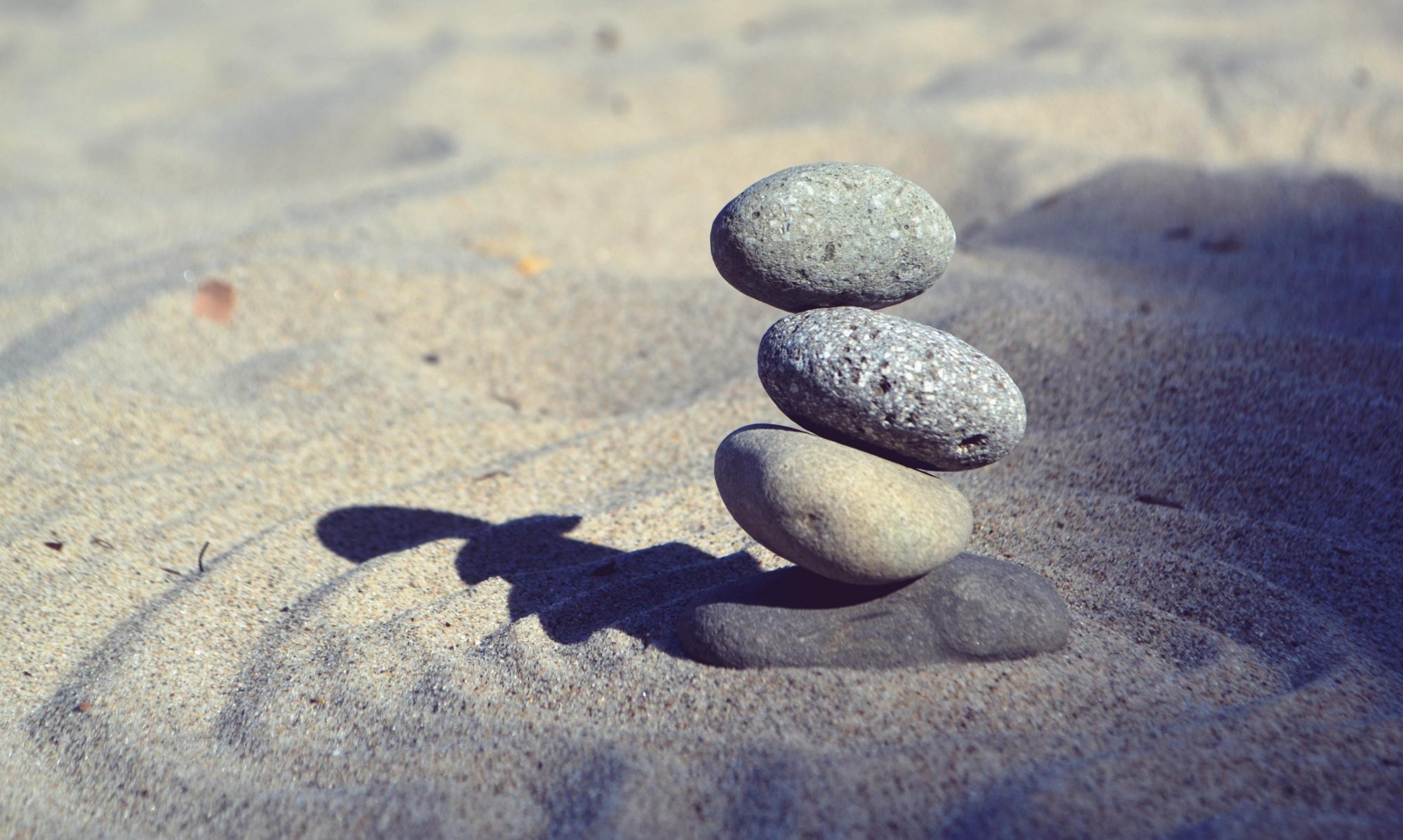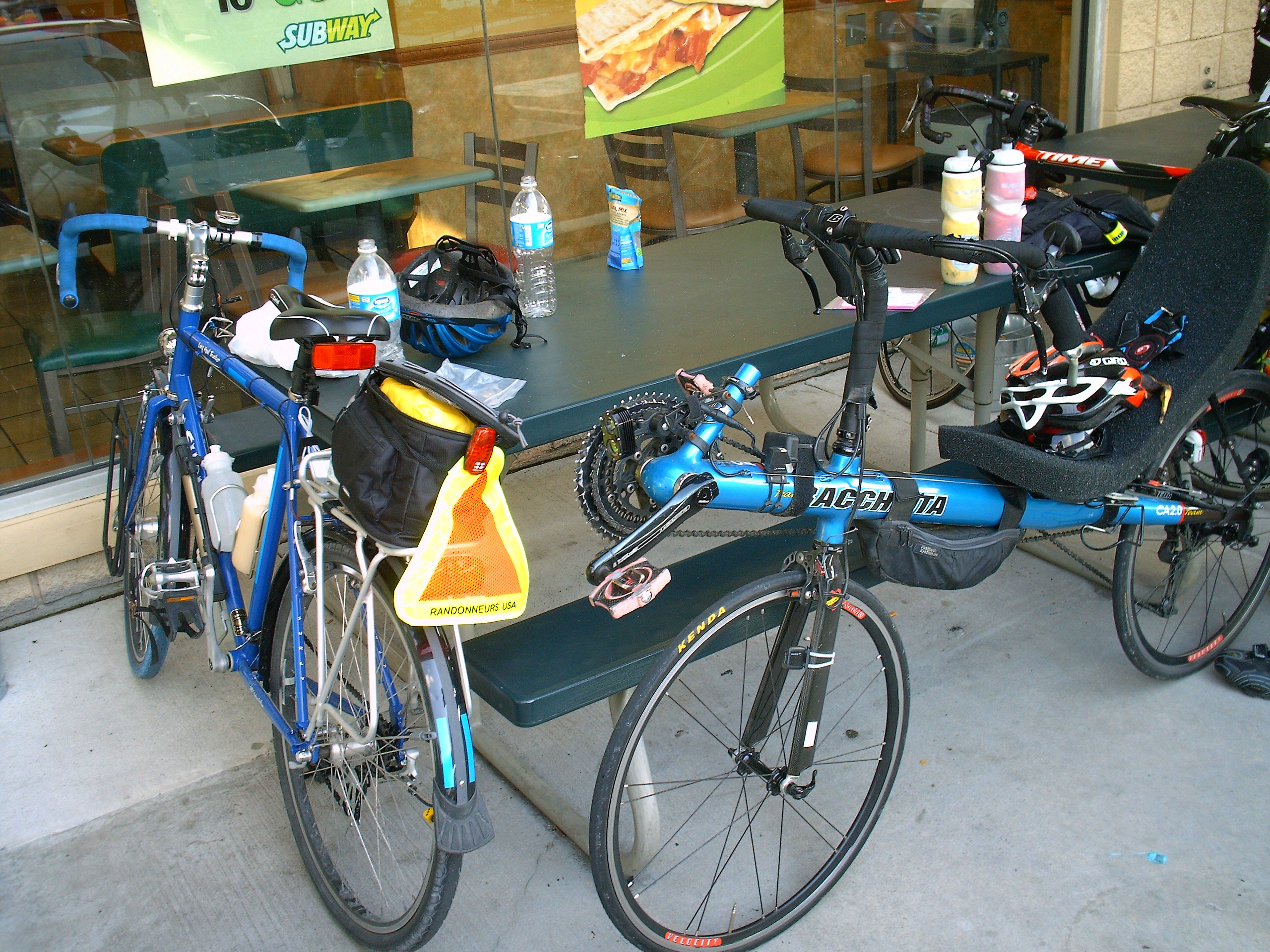If you haven’t read them, start with my review of The Nine Laws, and subsequent part One, part Two, and part Three.
The Fourth Law is Endurance.
The word “endure” comes from the Latin root word “indurare” which means “to harden.” To Endure means to go through something “difficult, painful, or hard.” As opposed, of course, to not going through it, i.e. giving up.
Endurance is what separates good athletes (or warriors) from great ones. Most people have the capability to run, or to lift heavy things. But when you can do it repeatedly, or for extended periods of time, then you have endurance.
There are millions of websites that can show you how to develop physical endurance. It’s not that difficult, actually- the human body is phenomenal at adapting to a repeated exercise. If you progressively push yourself longer and longer, your body will gradually learn and adapt.
What there isn’t much information on, sadly, is Mental Endurance. And the most tragic thing about this is that without Mental Endurance, your physical endurance is practically worthless.
The principle of Mental Endurance can be embodied in the trait of Psychopathy: a complete removal from emotions. It is acceptance: not wishing things were different, but accepting them as they are.
Let’s ponder on this for a moment.
When you go through something difficult, it is your mental state that is the limiting factor. Yes, your body will eventually give out, but that is merely a clinical effect. Physical fatigue and exhaustion can be found easily. But breaking through that mental barrier is where the difficulty manifests itself.
Years ago, before I was injured, I wanted to do a “long” bike ride. I was invited on a 200K ride by the nearby Randonneuring club, and being in (what I thought was) excellent shape, I decided to give it a shot.
It ended up being, by far, the most difficult physical feat I’ve ever done, to this date. Why?
It certainly wasn’t my legs. They weren’t even fatigued after 12 hours in the saddle. My legs were never an issue- they were plenty strong enough. I ate roughly 6000 calories. I had the energy.
What I hadn’t counted on, and what eventually almost cost me the goal, was the amount of Mental Endurance it would require to overcome the pain, frustration, and doubt of finishing. I don’t care who you are, after 12 hours on a bike, you’re going to get sore. And about 10 hours into it, after being frustrated by barely being able to keep up, I was in a lot of pain. My hands and butt were on fire. I had ridden 90 miles, it was after midnight, and I realized I still had 2+ hours and 36 miles to go.
There was a part of me that wanted to just stop, curl up in a ball, and concede defeat. I knew the next two hours were going to be extremely uncomfortable. I also knew that there was no other way for me to get home. Nobody was going to rescue me out in the middle of nowhere at midnight. I was correct; the next two hours were excruciatingly painful. I ended up riding the last 10 miles or so standing up, because if I put my behind back on that seat, I knew I was done. But I made it. I didn’t give up. I endured the pain and discomfort, because I knew that I was physically capable of finishing. I just had to convince myself of it, separate myself from the feelings of fear and pain, and keep moving forward.
Pain is temporary. Sorrow is temporary. Resentment is temporary. They are both part of natural life, and as fleeting as the wind. They cannot drive you. The very essence of what we are is both driven by emotions, and hindered by them.
So what is endurance? It is not just shutting off your emotions. It is not only physical training. It isn’t simply being stubborn enough to outlast everybody else. It’s farther reaching than a single event. It goes beyond today, tomorrow, or even this year.
Endurance is acceptance that your purpose can been thwarted, and if so, you must start again. It is simple acceptance that wishing it were different doesn’t make it so. It is the process of coming to grips with reality, and deciding to keep moving forward in spite of your emotions and pain. This requires a removal of ego.
Endurance is understanding that because pain, sorrow, resentment, and fear can’t drive you, one must be able to choose to go on when things get difficult. We are creatures of comfort at heart, and the only way to survive hardship is to choose to endure it, for the hope of what comes afterwards. And if you are enduring something, you must understand that there will eventually be an end to it. Sometimes that means enduring to the point of death- but as I said in Part One, it needs to be on your terms, because of your choices.
Choosing to follow God when things are difficult is indeed a choice. There are people who give up because it’s too uncomfortable. Too painful. But they are not looking forward to their reward: they are stuck in the past and the present, and that will only get you so far.
Endurance hinges on the ability to look forward to the future, when the struggle is over. Having faith in God means that you know, at some point, the struggles will be over.
“Even though I walk through the valley of the shadow of death,
I fear no evil, for You are with me;
Your rod and Your staff, they comfort me.
You prepare a table before me in the presence of my enemies;
You have anointed my head with oil;
My cup overflows.
Surely goodness and lovingkindness will follow me all the days of my life,
And I will dwell in the house of the Lord forever.” – Psalms 23:4-6
Paul explains it to the believers in Corinth (emphasis mine):
“Praise be to the God and Father of our Lord Jesus Christ, the Father of compassion and the God of all comfort, who comforts us in all our troubles, so that we can comfort those in any trouble with the comfort we ourselves receive from God. For just as we share abundantly in the sufferings of Christ, so also our comfort abounds through Christ. If we are distressed, it is for your comfort and salvation; if we are comforted, it is for your comfort, which produces in you patient endurance of the same sufferings we suffer. And our hope for you is firm, because we know that just as you share in our sufferings, so also you share in our comfort.” – 2 Corinthians 1:3-7
Paul was encouraging them to develop endurance through hardships, because things were hard. They were being martyred for their faith. If you think going through your life today is ultimate hardship, you’ve still got a long ways to go.
Ivan says “The immovable spirit it unbounded, unhindered, unanchored, and unattached to fantasies.” But I disagree on one point: a spirit that is firmly planted, anchored in Christ, is the one spirit that can survive absolutely anything. And why is that?
Because when you serve the Creator of the Universe, when you surrender your will to His, you become an alien to the Dark World. You still live in it, you still wrestle with it, but your citizenship no longer resides there. You become merely a tenant, borrowing the space temporarily, until you are finally called back home, to your final reward. In short, you become supernaturally-minded, and things of this Dark World no longer have the same sway over you that they once did.
You know what comes next. As usual, I must look inward and ask myself the hard questions:
How do I employ patience in large and small scales?
In my work situation. In my personal creative life. I am patient… I wish it were different, but accept that it isn’t.
Where does my weakness and vulnerability dwell? How do I sustain them?
My weakness is physical and mental. I wish I were in less pain. I wish I were stronger. I wish I was liked by more people- and I actually care what unimportant people think about me.
What is the traumatic root of each within my heart, mind, and body?
My heart is weak because I struggle with believing I’m fully and truly loved by God or by people. My mind is weak because I haven’t disciplined my ability to focus as a tool. My body is weak because I assume strength and health is a medical precaution, not a necessity for survival.
What ego supersedes my strength, and what crumbling of perseverance weakens me?
I am not honest with myself of my true physical weakness. I’m not honest about my feelings of inadequacy. I’m not honest about my mind’s ability to harness itself. My ego tells me I am better than I am, just because I am better than others around me. The truth is, I’m not as strong, patient, and resilient as I should be. And that’s no one’s fault but mine.
How have I postured myself in the past to endure and embody the immovable spirit? How did I face the unendurable?
I resigned myself to move forward, make the best of it, and try to accept it for what it was. Understanding it was God’s will for it to happen, and seeking God through that, allowed me to push through and persevere.
The source of my strength is not situational, but internal. Identify it, seed it, and know what you are capable of enduring, and what you cannot withstand.
My internal strength is knowing that God is in control, and no matter what happens, He can and will do what’s best for the Kingdom. If I am seeking God, then I can endure anything He can throw at me to test me. I can go through what Job went through, and then some.
What can I not withstand? What can I not handle losing?
There are many things I can tolerate or survive. I don’t think I could handle losing my senses. If I were blinded, or deafened, or had my hands taken away from me… I don’t know if I could handle that. Pain I could handle. Permanent sensory deprivation would be hard.
Take what I cannot withstand, and envision a future of exactly that.
How do I do this? Sensory deprivation. Learning to rely on secondary senses. Smell, hearing, memory. These need to be honed to a skill.
In Conclusion
I know that patience is not one of my stronger personality traits. I also know that it can be developed, just like anything else. I know that through understanding how God works in the Dark World, I can be patient, and wait on him.
I have only begun to understand what patience truly is. Only when I embrace it will I know the fullness of resting assured in God’s will. When I can completely embrace things as they are, and not how I wish them to be, then I can be patient.
Stay tuned for the next few installments of my articles on The Nine Laws. I will finish what I started.

